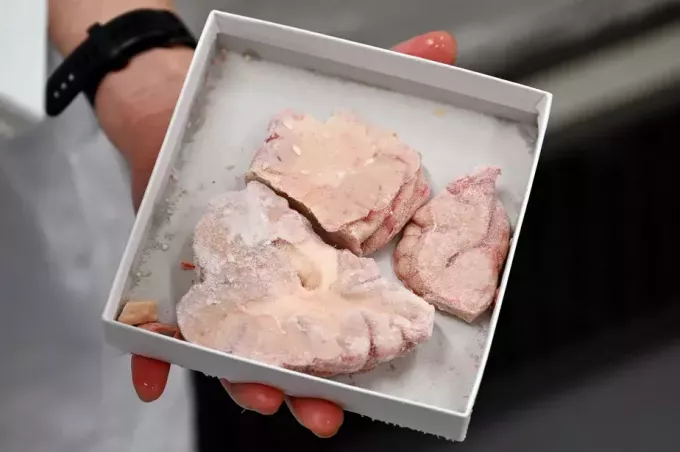The basement of the University of Odense in Denmark holds a large collection of brains, the largest brain collection in the world. There are about 9,479 pieces extracted, over four decades, from patients who had mental and neurological illnesses. Below, check out more information about the university that has a collection of brains.
The University of Odense and its collection of 9,479 brains
see more
These are the 4 zodiac signs that love solitude the most, according to…
There are some dog breeds considered perfect for people…

The University of Odense stores around 9,479 brains that were collected in experimental research launched in 1945 by psychiatrist Erik Strömgren. These organs are preserved in formaldehyde and numbered containers, and were collected after autopsies performed in patients admitted to psychiatric institutions in Denmark without the consent of the deceased patient or his family.
While such autopsies were considered standard procedure at the time, they are now ethically questionable. This is because, at that time, there was no guarantee of patients' rights, and psychiatric hospitals were seen as places of isolation from society.
According to psychiatric historian Jesper Vaczy Kragh, the experimental research aimed to find out more about the location of mental illnesses. However, with the development of ethical and moral questions about patients' rights, these procedures were phased out in 1982.
Despite the ethical questions, the brain collection is still important for neuroscience research and has been used to advance knowledge about the human brain.
The collection of brains as research objects
The brain collection currently located in Odense was moved from Aarhus in western Denmark in 2018. There are currently four ongoing research projects using the collection.
The director of the collection points out that this is a very useful scientific investigation to better understand mental illnesses. Neurobiologist Susana Aznar, a specialist in Parkinson's disease at a university hospital in Copenhagen, highlights that this collection is unique because it allows identifying the effects of treatments modern.
According to Susana Aznar, the brains from the collection in Odense were harvested before modern treatments were available. By comparing them with more recent brains, we can assess whether or not the changes found are associated with current treatments.



